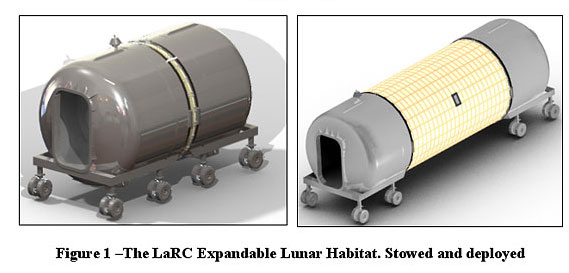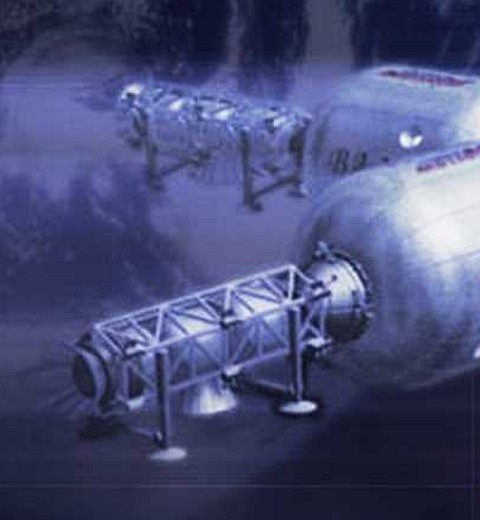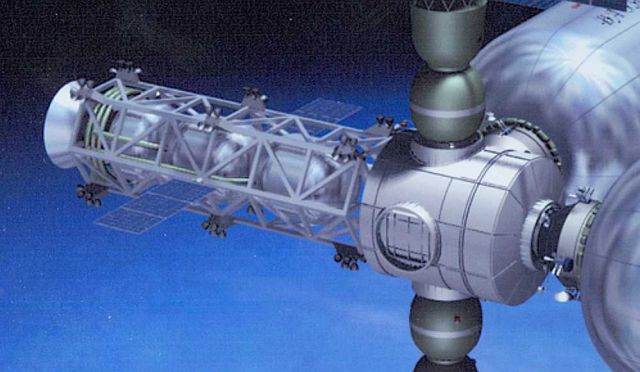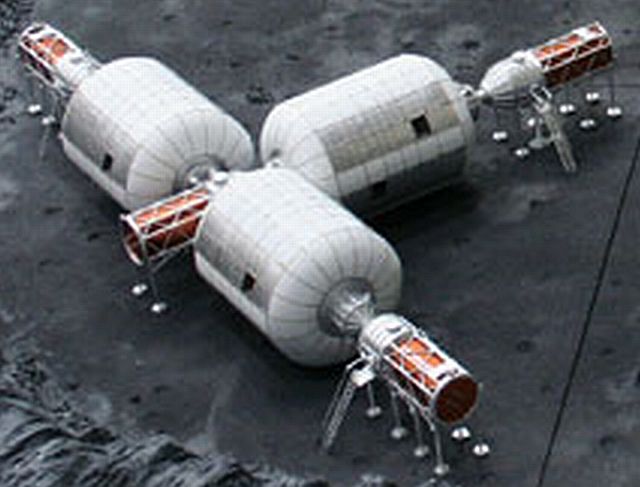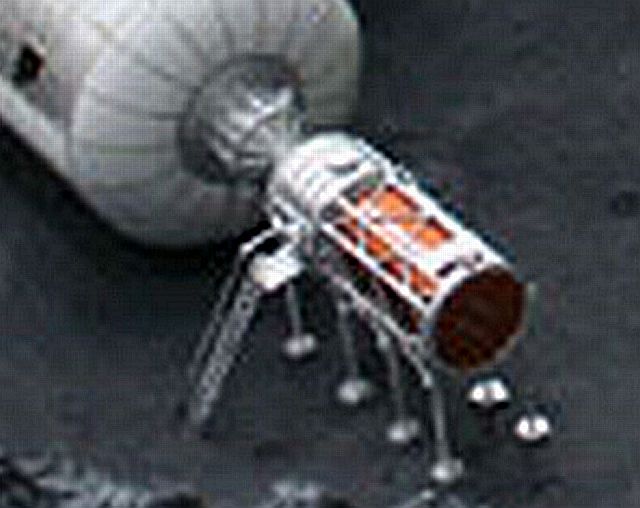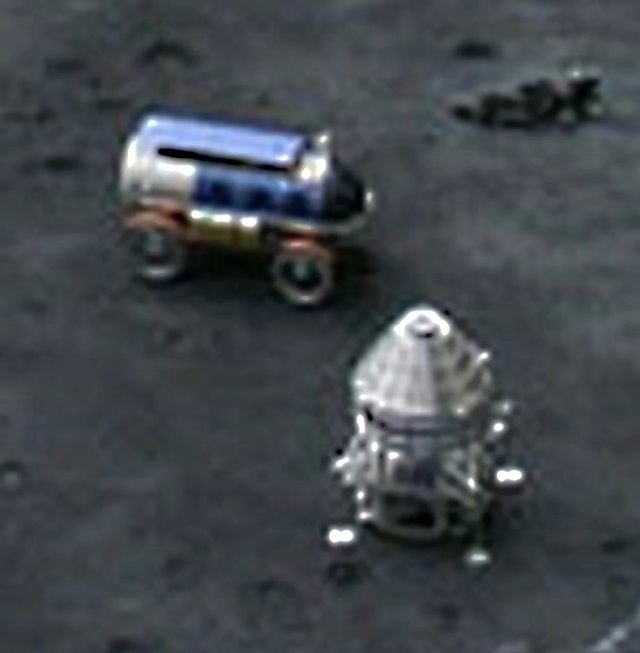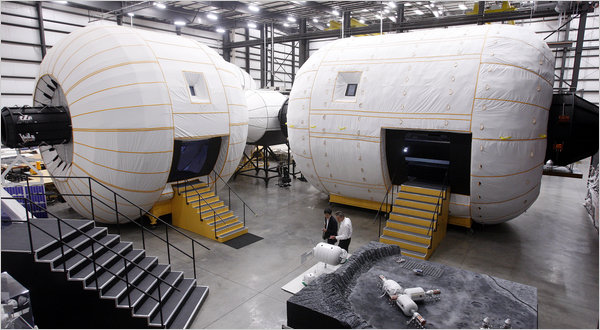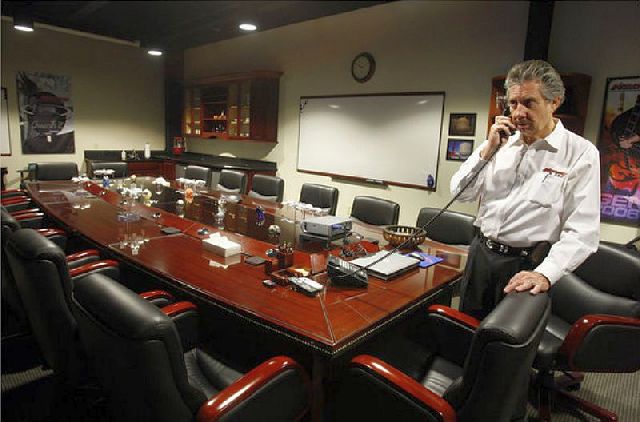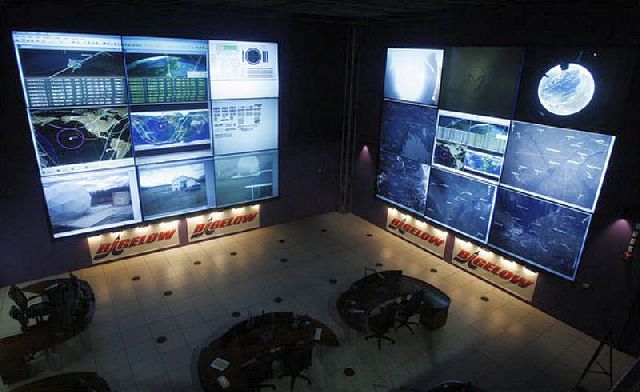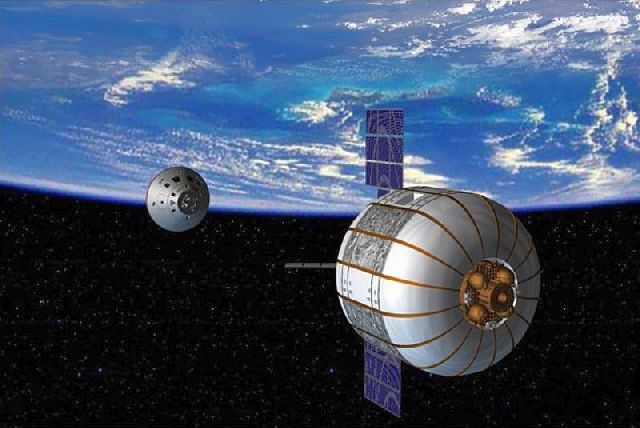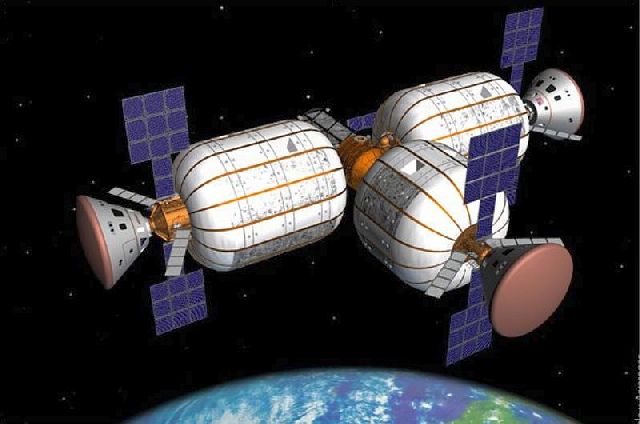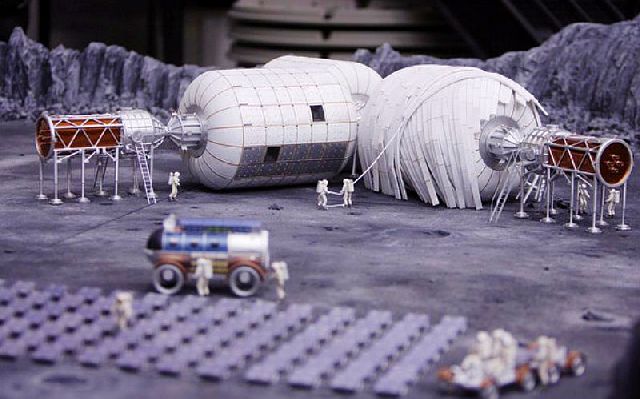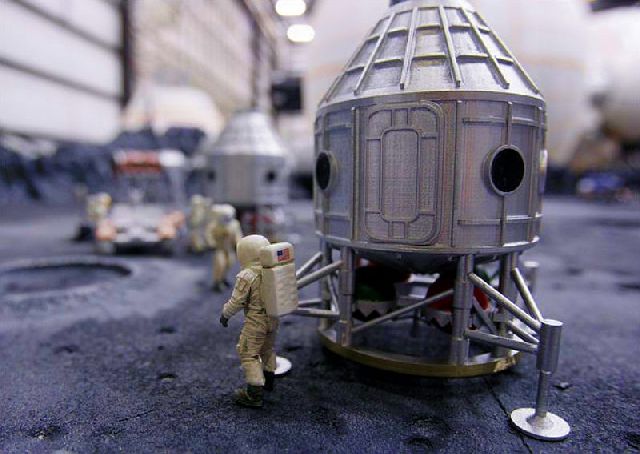Bigelow Aerospace Joins the Commercial Spaceflight Federation
PRESS RELEASE
Date Released: Wednesday, June 16, 2010
Source: Commercial Spaceflight Federation
Aims to Address Commercial Crew Transportation Misperceptions
Washington, D.C., June 15, 2010 - The Commercial Spaceflight Federation is pleased to announce that Bigelow Aerospace, LLC ("Bigelow Aerospace or "BA") has joined the Federation as an Executive Member, having received unanimous approval by the Commercial Spaceflight Federation's Board of Directors.
Mark Sirangelo, Chairman of the Commercial Spaceflight Federation, commented, "On behalf of the member companies of the Commercial Spaceflight Federation, we are proud to welcome Bigelow Aerospace as an Executive Member. Bigelow is a great fit with our other members, all of who are pursuing the common goal of a robust commercial human spaceflight sector. With the addition of Bigelow Aerospace to the Commercial Spaceflight Federation, all of the pieces of a self-sustaining commercial space economy are falling into place - launch providers, spaceports, suppliers, and on-orbit destinations. For those who suppose there is no market for commercial crew launches other than NASA, Bigelow Aerospace serves as one counterexample."
Robert T. Bigelow, Founder and President of Bigelow Aerospace said, "The future is being created now. Commercial crew transportation has the potential to revolutionize the space industry for public and private sector entities alike. The unprecedented success of the Falcon 9's inaugural launch clearly demonstrates that it's possible to dramatically reduce the cost of human spaceflight operations. SpaceX's Falcon 9 rocket and Dragon capsule were developed at a price substantially below that of traditional cost-plus programs - this should be a wakeup call that it's time for a new way of doing business. We are becoming a member of the Commercial Spaceflight Federation at this time to join with like-minded organizations, who want to see America be able to compete again in the global space launch marketplace, and push back against the pernicious misconceptions that are being perpetuated to harm the Administration's commercial crew initiative."
"Specifically, I'm appalled by the condemnation of commercial crew as being somehow less safe than government programs, and the refrain that commercial companies need to prove they can deliver cargo before they deliver crew. In regard to the latter, a leading contender for commercial missions, the Atlas V, has had 21 consecutive successful launches. This rocket is arguably the most reliable domestic launch system in existence today. It strains the bounds of credulity to claim that any new rocket would be able to trump the safety of a system that has an extensive record of flawless operations."
"Moreover," Bigelow added, "we're extremely pleased to be part of the Boeing team constructing the CST-100 capsule under the auspices of NASA's own Commercial Crew Development program. Boeing's unparalleled heritage and experience, combined with Bigelow Aerospace's entrepreneurial spirit and desire to keep costs low, represents the best of both established and new space companies. The product of this relationship, the CST-100 capsule, will represent the safest, most reliable, and most cost-effective spacecraft ever to fly. Again, I don't understand the critics who say 'commercial' entities can't safely build a capsule. Why is it that Boeing, the company that constructed the ISS itself, can't safely build a capsule that would go to their own space station? These are the sorts of questions and issues that we will be posing in Washington as a member of the Commercial Spaceflight Federation."
Bretton Alexander, President of the Commercial Spaceflight Federation, added, "Bigelow Aerospace joining the Commercial Spaceflight Federation will help us to further our organization's goals -- to promote the development of commercial human spaceflight, pursue ever higher levels of safety, and share best practices and expertise throughout the industry. This is the start of an exciting new era for commercial spaceflight."
>


